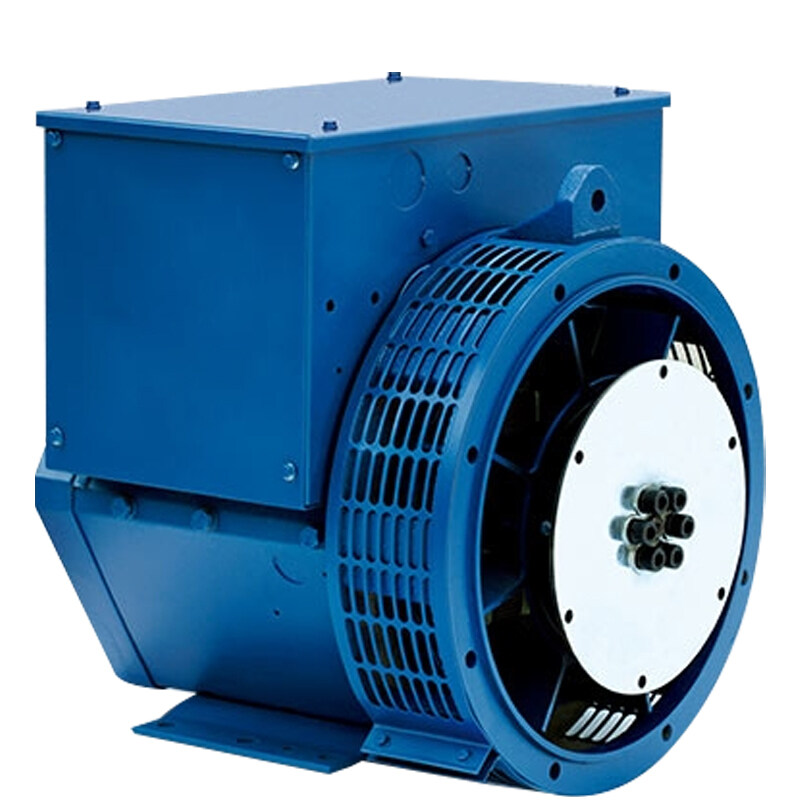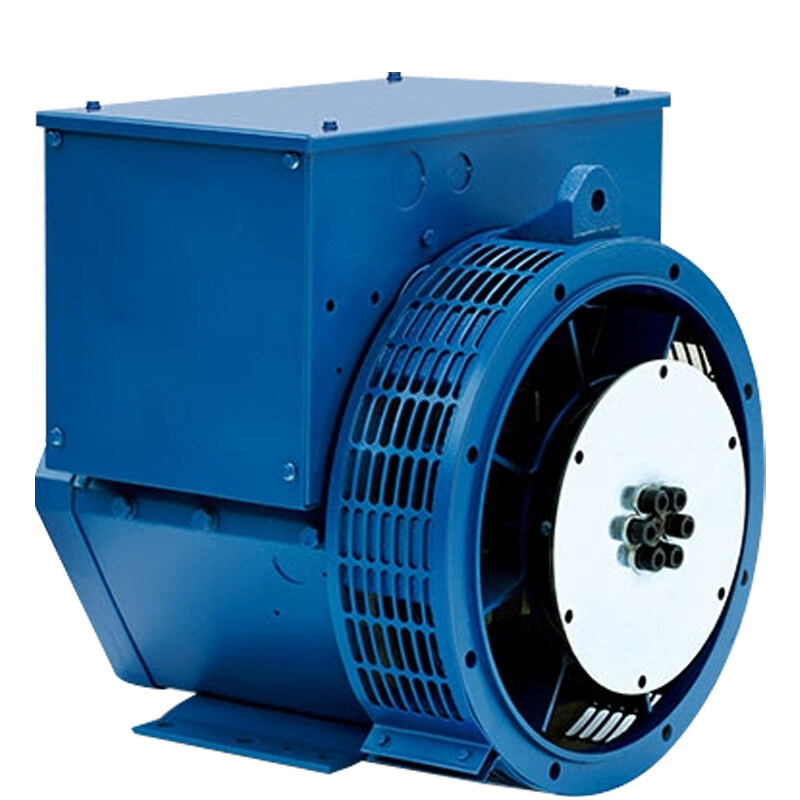Exploring Fuel Efficiency and Environmental Impact of a 25 kVA Single-Phase Generator
Introduction
In the realm of power generation, the 25 kVA single-phase generator stands out as a versatile solution, catering to various needs. Beyond its sheer power capacity, understanding the intricacies of fuel efficiency and environmental impact is paramount for informed decision-making.
Fuel Efficiency
At the heart of the 25 kVA single-phase generator lies its fuel efficiency, a crucial aspect that resonates across industries. The term "25 kVA single-phase generator" encapsulates the generator's ability to convert fuel into electricity with optimal resource utilization.
Fuel efficiency in these generators depends on factors such as engine design, load management, and maintenance practices. Incorporating advanced technologies, these generators strive to strike a balance between power output and fuel consumption. This equilibrium not only ensures cost-effectiveness but also reduces the overall environmental footprint.
Environmental Impact
Every power-generating activity comes with a certain environmental impact. The combustion process in generators releases emissions that contribute to air pollution. To mitigate this impact, manufacturers are incorporating innovative solutions.
One notable stride is the integration of eco-friendly features and technologies. These advancements range from emission control systems to noise reduction mechanisms, fostering sustainability in power generation. The 25 kVA single-phase generator, with its emphasis on environmental consciousness, aligns with global initiatives towards cleaner energy sources.
Eco-Friendly Features and Technologies
Delving into the realm of eco-friendly features and technologies, the "25 kVA generator" showcases a commitment to environmental stewardship. From biofuel compatibility to smart load management systems, these generators are at the forefront of green energy solutions. The integration of renewable energy sources, such as solar or wind, further expands the eco-friendly repertoire of these powerhouses.
The development of these technologies stems from a collaborative effort between engineering experts and environmental scientists, reflecting a synergy of diverse knowledge domains. As a result, the 25 kVA single-phase generator emerges as a beacon of sustainable power generation, bridging the gap between energy needs and environmental responsibility.
Comparison with Three-Phase Generators
Comparing the 25 kVA single-phase generator with its three-phase counterparts provides a nuanced perspective. While three-phase generators offer certain advantages in industrial settings, the single-phase variant excels in versatility and ease of use.
Advancements in electronic devices and home appliances have increased the demand for single-phase power, making the 25 kVA generator a preferred choice for residential and small business applications. Understanding these nuances empowers consumers to make choices aligned with their specific requirements.
When Each Type is More Suitable
Navigating the decision-making process involves understanding when each generator type is more suitable. For remote construction sites or events, the portability and simplicity of single-phase generators often make them the ideal choice. On the other hand, industries with heavy machinery and complex systems may find three-phase generators more fitting.
Conclusion
In conclusion, the journey through the realms of fuel efficiency, environmental impact, and comparative analysis has unraveled the multifaceted nature of the "25 kVA single-phase generator." By embracing eco-friendly features and considering the contextual suitability of generator types, users can not only meet their power needs but also contribute to a greener, more sustainable future. The 25 kVA single-phase generator stands not only as a source of power but as a symbol of responsible energy generation in a dynamic world.



